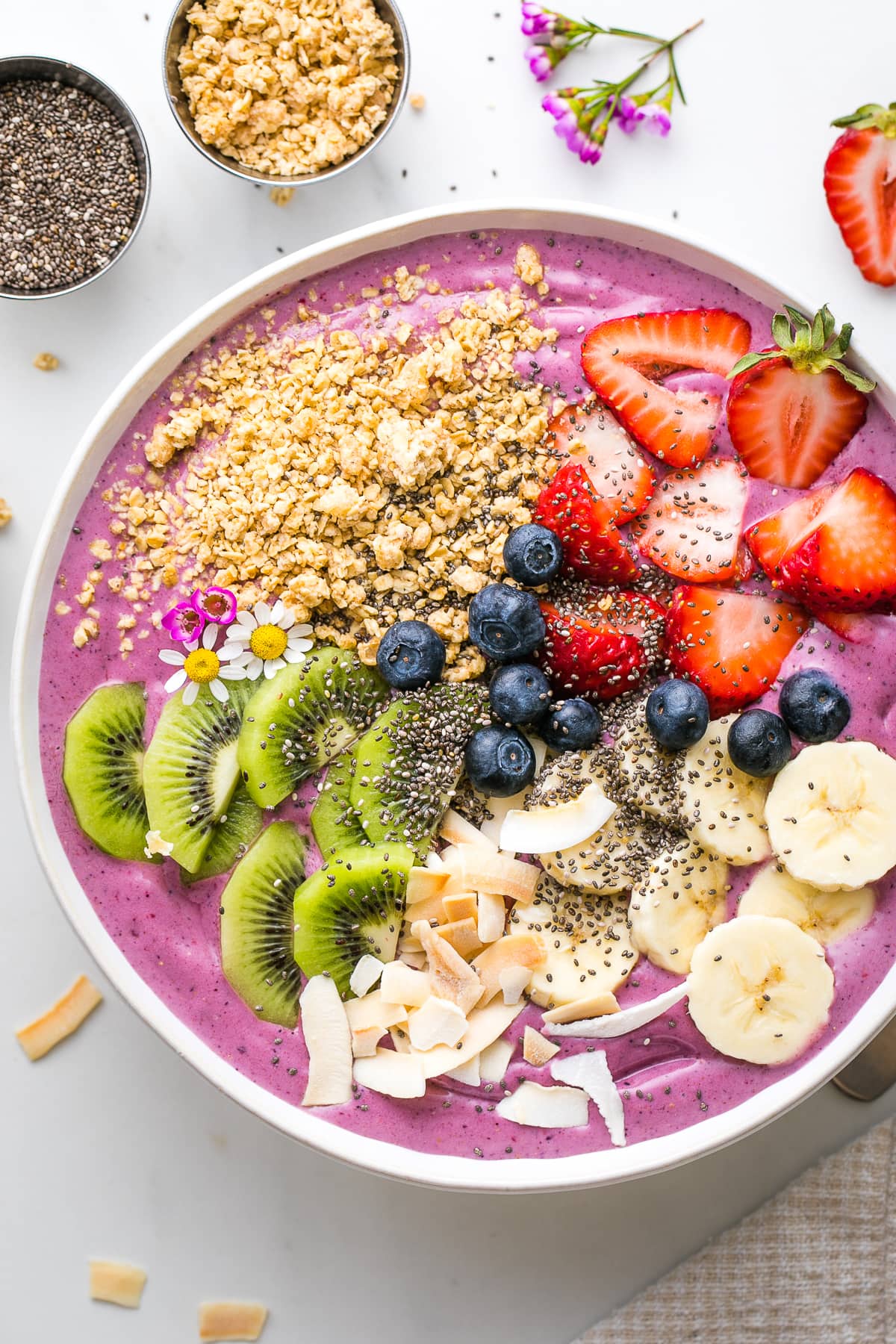
Subheading: Understanding the Importance of Whole Grains
Whole grains offer a plethora of health benefits due to their rich nutritional profile, containing fiber, vitamins, minerals, and antioxidants. Discovering ways to incorporate more whole grains into your diet can significantly enhance overall health and well-being.
Subheading: Start with Breakfast
Kickstart your day with whole grains by opting for breakfast choices like oatmeal, whole grain cereal, or whole grain toast. These options provide sustained energy throughout the day and set the tone for a nutrient-packed diet.
Subheading: Experiment with Ancient Grains
Explore ancient grains like quinoa, farro, or amaranth in your recipes. These grains offer diverse textures and flavors while delivering essential nutrients, making them excellent alternatives to traditional grains.
Subheading: Whole Grain Flour Substitutions
When baking, substitute refined flour with whole grain flour. Whether making pancakes, muffins, or bread, using whole grain flour adds nutritional value without compromising taste or texture.
Subheading: Snack Smart with Whole Grains
Replace refined snacks with whole grain alternatives. Choose popcorn, whole grain crackers, or rice cakes for satisfying and nutritious snack options that contribute to a healthier diet.
Subheading: Bulk Up Salads and Soups
Enhance the nutritional content of salads and soups by adding cooked whole grains like brown rice, barley, or quinoa. These grains not only increase fiber intake but also add texture and depth to your dishes.
Subheading: Incorporate Whole Grains in Side Dishes
Upgrade side dishes by incorporating whole grains. Consider dishes like pilafs, couscous, or mixed grain salads to complement your meals with added nutrients and flavors.
Subheading: Whole Grain Pasta and Noodles
Swap traditional pasta and noodles for whole grain varieties. Whole grain pasta and noodles offer a nuttier taste and increased fiber content, making them a healthier choice for various dishes.
Subheading: Read Labels and Choose Wisely
When buying packaged foods, read labels carefully and choose products that list whole grains as the first ingredient. Be aware of deceptive marketing terms and focus on identifying genuine whole grain products.
Subheading: Create Homemade Whole Grain Blends
Mix different whole grains to create unique blends for your meals. Combining grains like quinoa, brown rice, and barley not only diversifies flavors but also enhances the nutritional content of your meals.
Subheading: Conclusion and Further Resources
Exploring diverse ways to integrate whole grains into your diet is a significant step toward improving overall health. To uncover more insightful strategies and recipes on incorporating whole grains, delve into the comprehensive guide on Ways to incorporate more whole grains.
Incorporating whole grains into your daily meals offers an array of health benefits, from improved digestion to better heart health. By adopting these strategies, you can elevate your diet’s nutritional value and embrace a healthier lifestyle.


